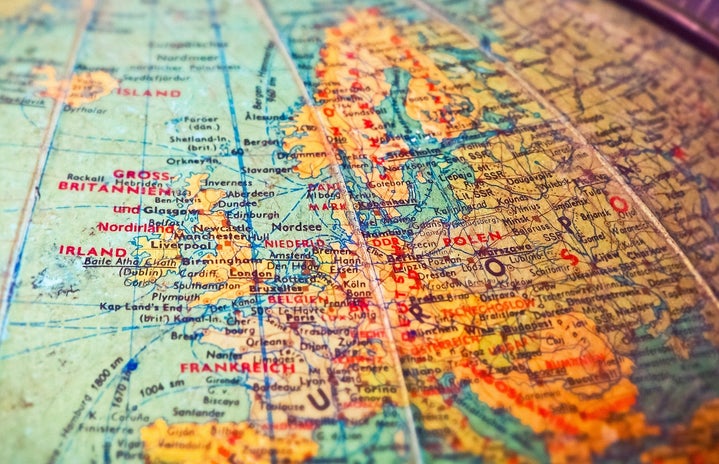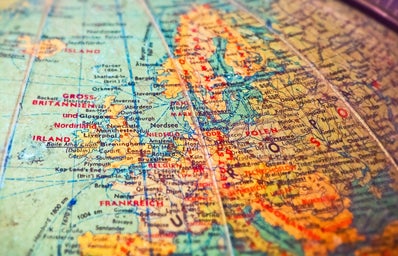On Christmas Day in 1991, the Soviet Union (U.S.S.R) fell and dissolved into 15 nations, including Russia and Ukraine. The absolvement of the Soviet Union marked a colossal shift in European politics, and for Ukraine, it signified freedom from a century-long struggle for independence. In the early morning of February 24, Russia launched a full-scale invasion of Ukraine with specific attempts to occupy the capital, Kyiv, and target Ukrainian President Volodymyr Zelenskyy. The invasion comes after Russia’s precarious relationship with the expansion of NATO near its borders. In December of 2021, the Russian leader exclaimed frustration at NATO’s continued expansion in the East, claiming the organization’s actions violated agreed-upon terms. Putin threatened a military response if Russia felt its borders were being jeopardized by U.S. involvement with Ukraine. By night on February 23, Putin cryptically declared Russia would launch a “special military operation” in Ukraine the following morning. This “operation” turned out to be a large-scale invasion of the sovereign nation.
Like many of his predecessors, Vladimir Putin never publicly realized the independent sovereignty of Ukraine. In 2008, Putin alluded that Ukraine belonged to Russia, citing their shared ancestry as rationale, despite the country’s development of its own language, culture and political system.
While Ukrainian and Russian ambassadors negotiated the safe evacuation of civilians on March 3, widespread invasion and fighting continued. Kherson has become the first major Ukrainian city to fall to the Russians. The Ukrainian Border Agency mandated male citizens 18 to 60 years old remain in the country. Women, children and remaining citizens attempt to flee or find shelter in bunkers and fortified buildings. The coming days and weeks will reveal much about the catastrophic effects of war, the weight of tactical error and the continued fight for freedom and identity. United States President Joe Biden has unleashed an onslaught of sanctions against Russia to isolate their financial reach, halt their economy and progress in the war. Thus far, no other country has declared war on Russia. Thousands of Russians are openly protesting the invasion of Ukraine, despite government reprimands. According to the Times, 6,500 Russian dissentients were arrested for their efforts. Currently, the United Nations reports 160,000 displaced peoples in Ukraine; civilians separated from their homes, loved ones and normal lives. The Ukrainian army has continued to fight valiantly against Russian occupation, and the conflict is ongoing.
The war in Ukraine is a human rights issue above all else. Photos of tanks in streets, boots on the ground, crying children and war-torn cities are eerily reminiscent of world war film, a time we in Europe and the United States ignorantly assumed as past. The conflict in Ukraine demonstrates that secular democratic nations aren’t safe from the perils of war.
As you dive further and further into the politics and history of tension between Russia, Ukraine, NATO and the United States, you’ll find more and more that the key players and landmark moments read like a nightmarish chess match, with real human casualties. A fact to which many politicians seem to be disillusioned.
Stay informed, be kind to your neighbor and keep the struggling people in your hearts and minds as this conflict continues.


